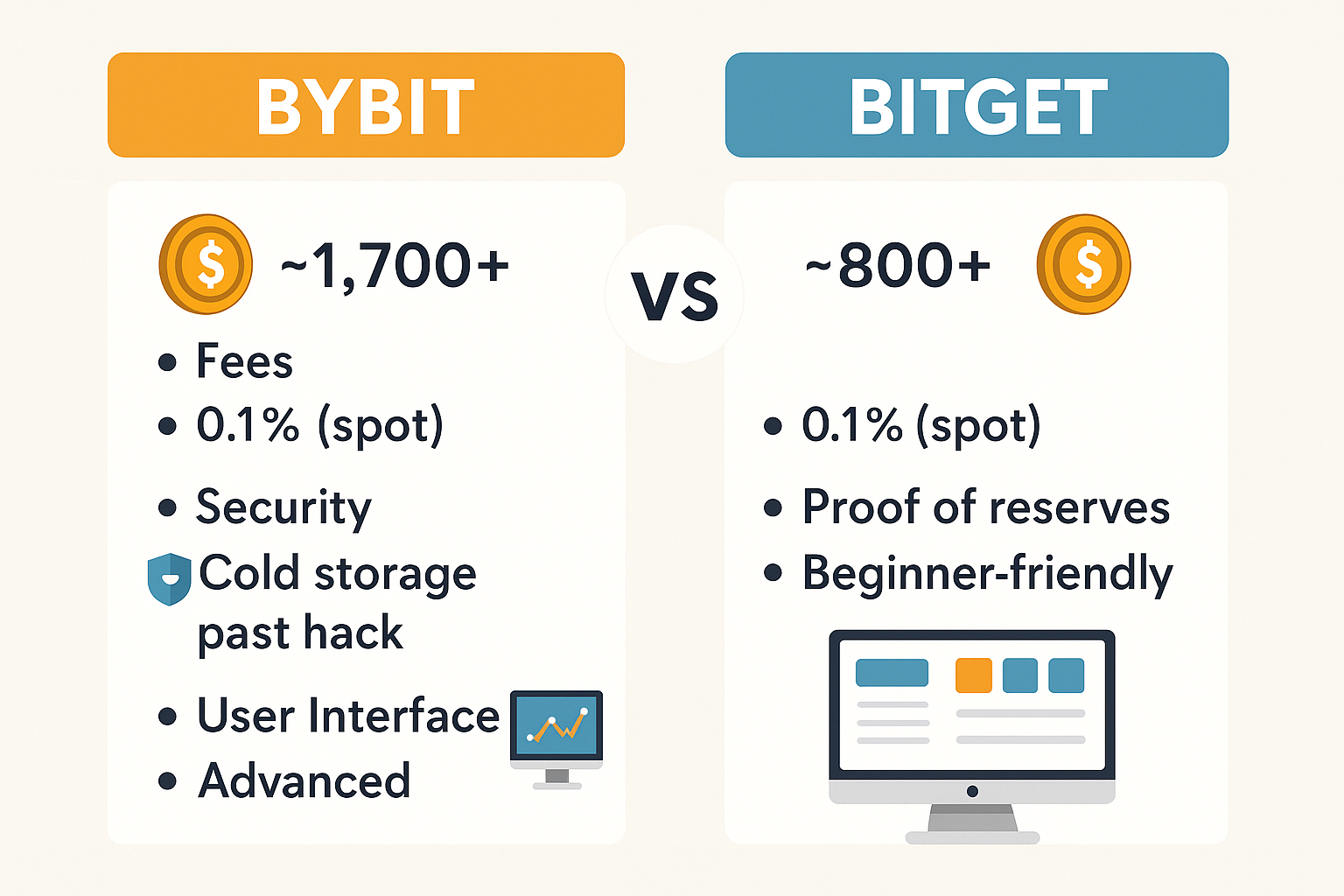Mental health therapy is a helpful way to manage and improve your mental well-being. It involves talking to a trained professional who can guide you through your thoughts and feelings. This guide will help you understand how mental health therapies work and how they can benefit you.
What Is Mental Health Therapy?
Mental health therapy, also known as counseling or psychotherapy, is a process where you talk with a therapist about your thoughts, feelings, and problems. The goal is to help you understand and manage your emotions, improve your mental health, and find solutions to your issues. Therapy provides a safe space where you can speak openly without fear of judgment.
Why Is Therapy Important?
Therapy is important because it offers several benefits:
- Support for Emotional Issues: Therapy helps you deal with emotional problems like anxiety, depression, and stress. It provides tools and strategies to manage these feelings effectively.
- Improvement in Relationships: Therapy can help you work through relationship issues, whether with family, friends, or partners. It improves communication and helps resolve conflicts.
- Personal Growth: Therapy isn’t just for fixing problems. It also helps you grow as a person, understand yourself better, and achieve personal goals.
Types of Mental Health Therapy
There are several types of mental health therapies, each with different approaches. Here’s a look at some common ones and how they help:
1. Cognitive Behavioral Therapy (CBT)
What It Is: Cognitive Behavioral Therapy (CBT) focuses on how your thoughts affect your feelings and behaviors. It helps you identify and change negative thought patterns and behaviors.
How It Helps:
- Changes Negative Thinking: CBT teaches you to challenge and change negative thoughts. For example, if you often think, “I’m a failure,” CBT helps you see things more realistically and positively.
- Reduces Symptoms of Anxiety and Depression: By changing how you think and act, CBT can reduce feelings of anxiety and depression.
- Teaches Problem-Solving Skills: CBT provides practical skills to handle everyday problems and stresses.
2. Psychodynamic Therapy
What It Is: Psychodynamic Therapy explores how past experiences and unconscious thoughts affect your current behavior. It helps you understand deeper issues from your past.
How It Helps:
- Explores Past Influences: It looks at how past events shape your current thoughts and behaviors. For example, unresolved childhood issues might affect your adult relationships.
- Increases Self-Awareness: By understanding these deeper issues, you gain insight into your feelings and behaviors.
- Improves Emotional Understanding: This therapy helps you understand and process complex emotions and experiences.
3. Humanistic Therapy
What It Is: Humanistic Therapy focuses on personal growth and self-improvement. It emphasizes understanding your own potential and striving for a fulfilling life.
How It Helps:
- Encourages Self-Discovery: It helps you explore your strengths, values, and goals. This can lead to a greater sense of self-awareness and purpose.
- Boosts Self-Esteem: By focusing on your potential and positive aspects, this therapy can improve your confidence and self-worth.
- Supports Personal Development: It encourages you to work towards becoming the best version of yourself.
4. Interpersonal Therapy (IPT)
What It Is: Interpersonal Therapy (IPT) focuses on improving your relationships and communication skills. It addresses issues like conflicts, grief, and major life changes.
How It Helps:
- Improves Relationships: IPT helps you communicate better and resolve conflicts with others, leading to healthier relationships.
- Handles Life Transitions: It provides support during significant life changes, such as a breakup or job loss.
- Reduces Social Isolation: By improving relationships, IPT can help you feel less alone and more connected.
5. Family Therapy
What It Is: Family Therapy involves working with your family to address and resolve issues within the family dynamic.
How It Helps:
- Enhances Communication: It helps family members communicate more effectively and understand each other’s perspectives.
- Resolves Family Conflicts: Family therapy addresses underlying issues and conflicts, improving family harmony.
- Strengthens Family Bonds: It fosters a supportive environment where family members work together to solve problems.

What to Expect in Therapy
If you’re new to therapy, here’s what you can expect:
- Initial Assessment: In your first session, the counselors near me will ask about your reasons for seeking therapy. They’ll also gather information about your background and current concerns. This helps them understand your situation and plan the best approach.
- Setting Goals: Together, you and your therapist will set goals for what you want to achieve in therapy. These goals might include managing stress, improving relationships, or addressing specific issues.
- Regular Sessions: Therapy typically involves regular sessions, often once a week or every other week. During sessions, you’ll talk about your thoughts and feelings, and the therapist will help you work through them.
- Learning New Skills: Many types of therapy teach you new skills to handle your emotions and challenges. These might include relaxation techniques, communication skills, or ways to change negative thinking.
- Reviewing Progress: Periodically, you and your therapist will review your progress. You’ll discuss what’s working well and what might need to be adjusted to make sure therapy is helping you.
Choosing the Right Therapist
Finding the right therapist is important. Here are some tips:
- Check Credentials: Ensure the therapist is licensed and trained in the type of therapy you’re interested in.
- Consider Specializations: Look for a therapist who specializes in the issues you’re facing.
- Comfort and Trust: Choose a therapist with whom you feel comfortable and trusted. A good therapeutic relationship is key to successful therapy.
- Practical Considerations: Consider factors like the therapist’s location, availability, and cost.
Conclusion
Mental health therapy can be a valuable resource for improving your emotional well-being. By understanding the different types of therapy and how they can help, you can make an informed decision about which approach might be right for you. Whether you choose Cognitive Behavioral Therapy to manage negative thoughts or Family Therapy to improve relationships, therapy offers support, insight, and tools to help you lead a healthier, happier life.





